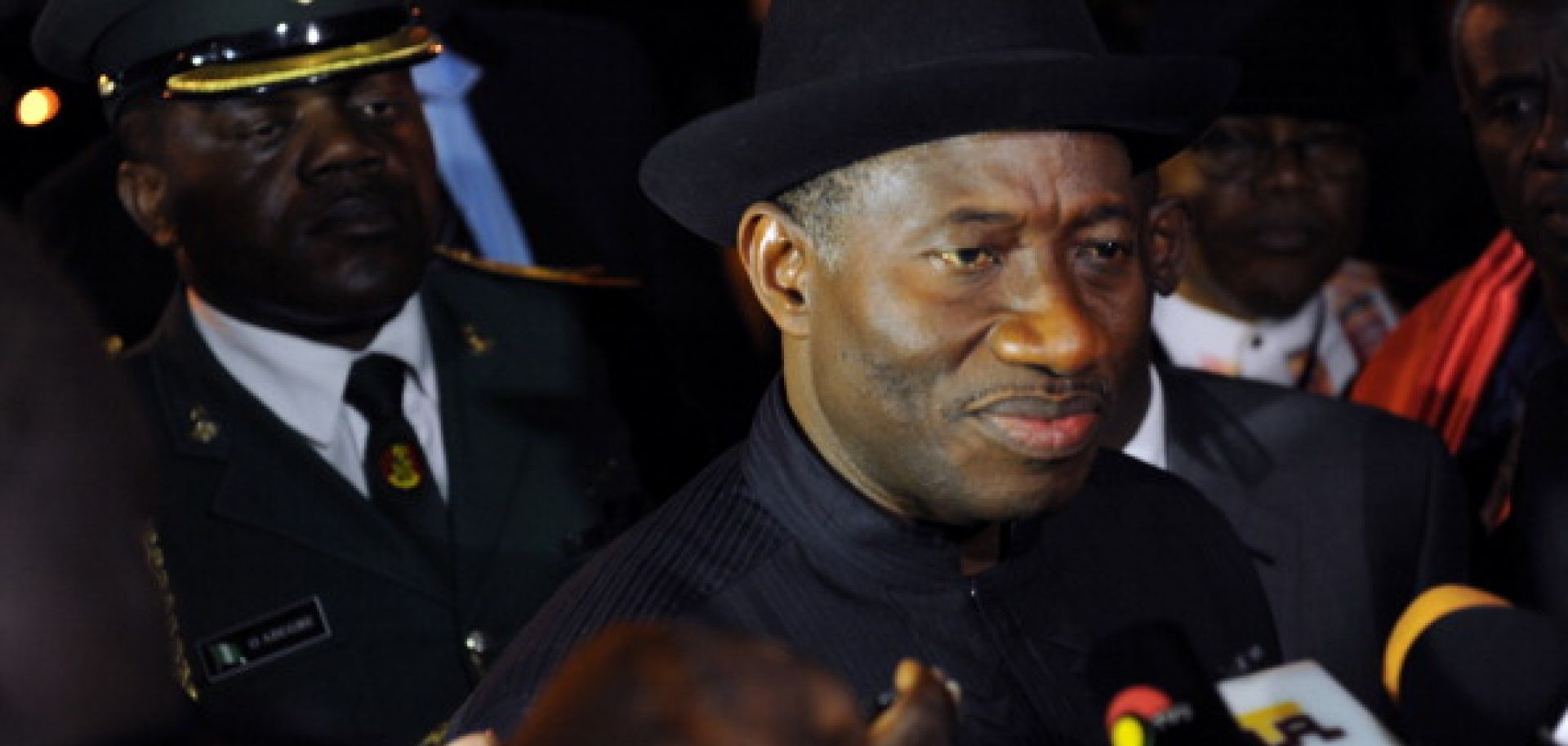ASSESSMENTS
Nigeria: Taking Political Risks for Oil
Sep 5, 2012 | 10:29 GMT

PIUS UTOMI EKPEI/AFP/GettyImages
Summary
The Nigerian Parliament will reconvene Sept. 17, and among the most important pieces of legislation slated for review is the newest draft of the Petroleum Industry Bill. First introduced in 2008 and reintroduced nearly every year since, the bill proposes an overhaul of Nigeria's lucrative petroleum industry, which produces roughly 2.5 million barrels per day. But despite high production, uncertainty surrounding the bill has reduced international investment in Nigeria's petroleum industry in recent years, leaving the West African nation unable to expand production beyond its current levels.
If approved, the newest iteration of the bill would ostensibly help rectify the production problem by delegating the responsibilities of Nigeria's state-controlled petroleum company to other entities, thereby improving transparency and reducing corruption and collusion. But the bill would also cut fuel subsidies, allocate funds to the oil-producing states of the Niger Delta to the exclusion of other states, and greatly empower the president. Unsurprisingly, Nigerian President Goodluck Jonathan — an ethnic Ijaw from the Niger Delta's Bayelsa state — supports the bill, but lawmakers outside the Niger Delta likely will oppose the bill, as will Nigerian citizens and petroleum industry businessmen who will be adversely affected by the unpopular subsidy cuts. As a result, the bill will not likely be passed in its entirety unless a weaker and more inclusive version is drafted.
Subscribe Now
SubscribeAlready have an account?
